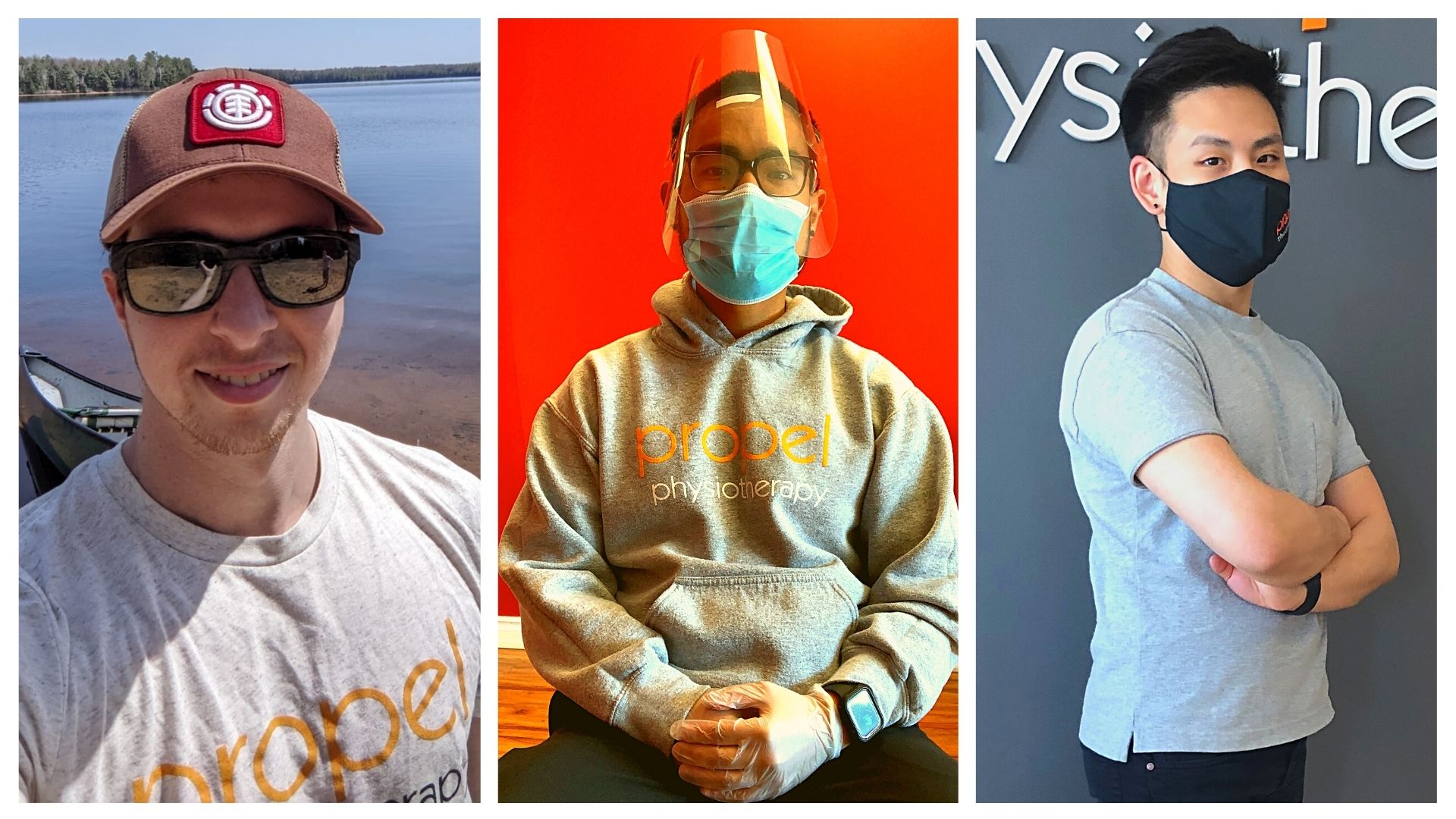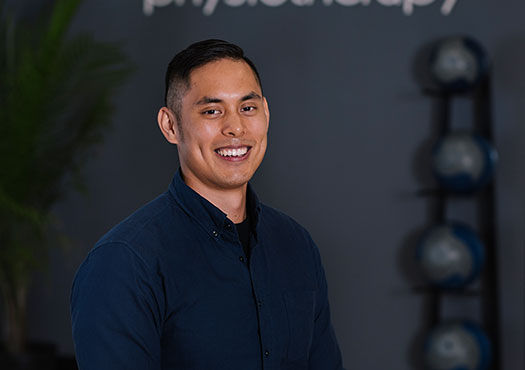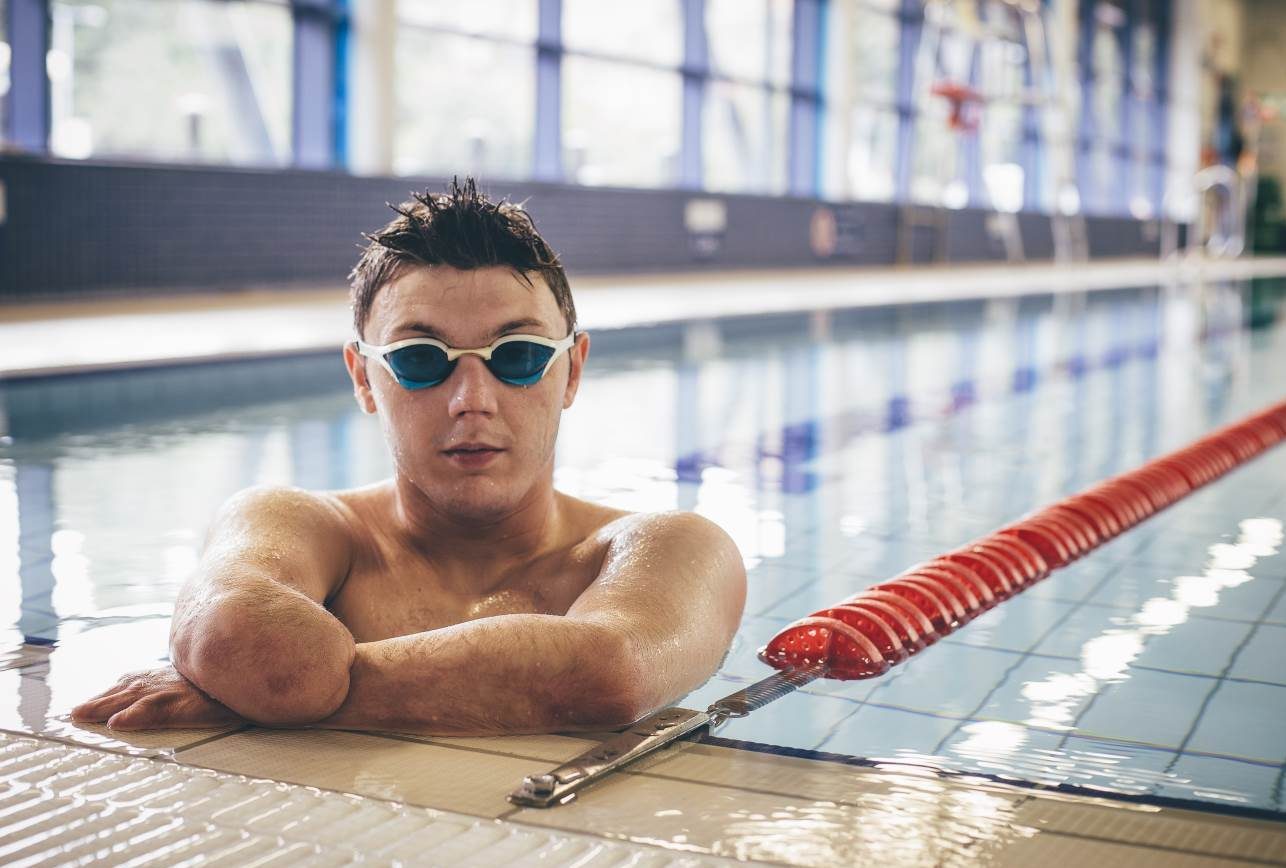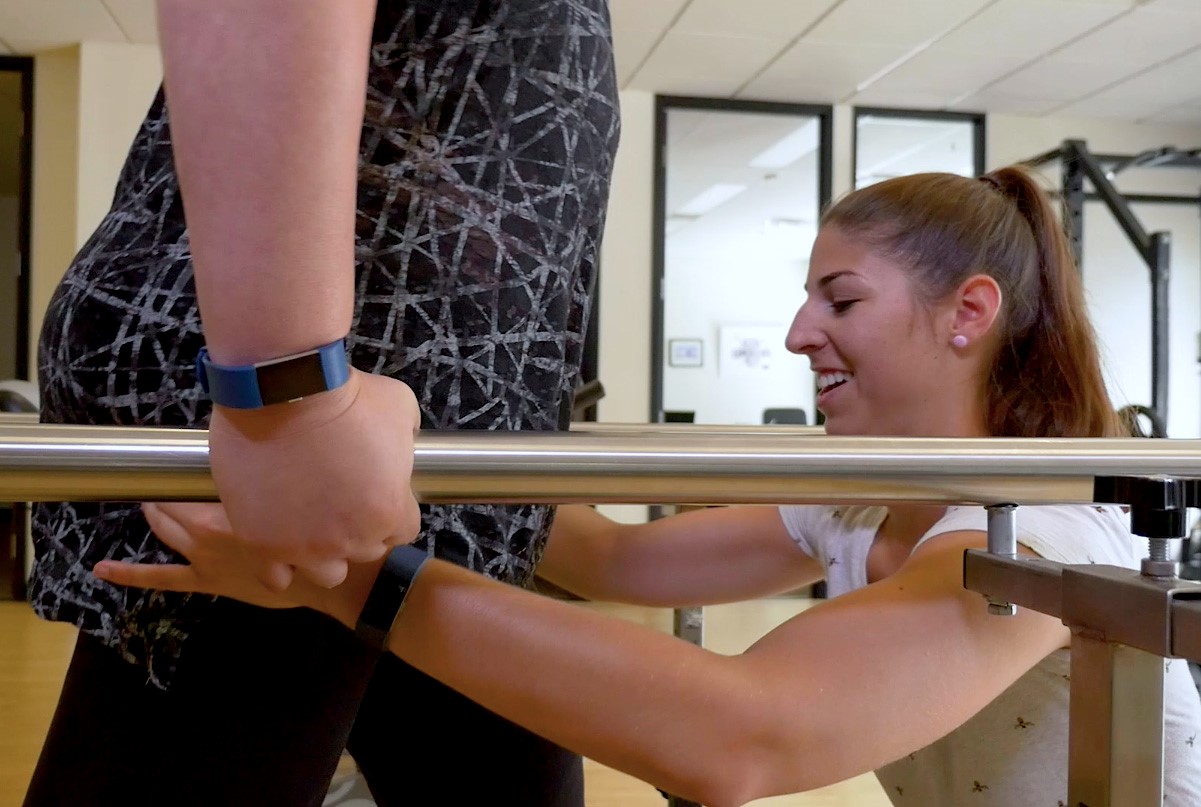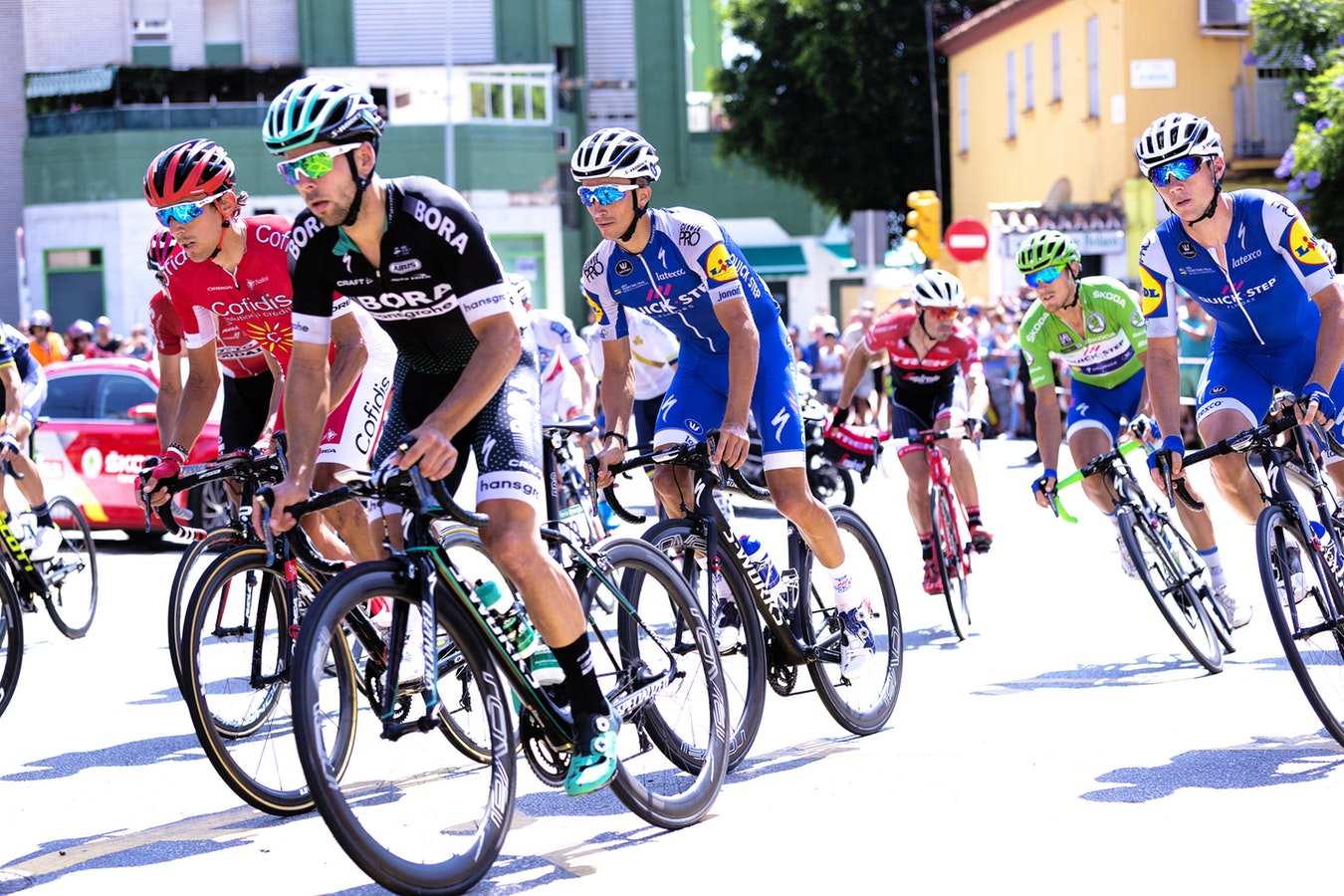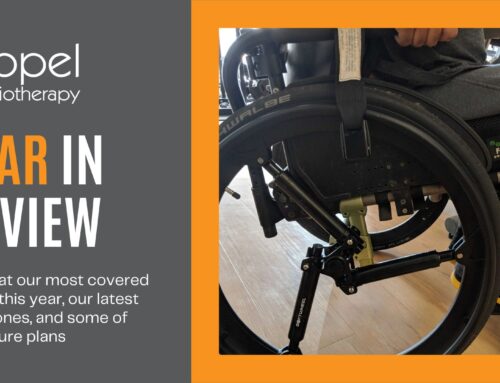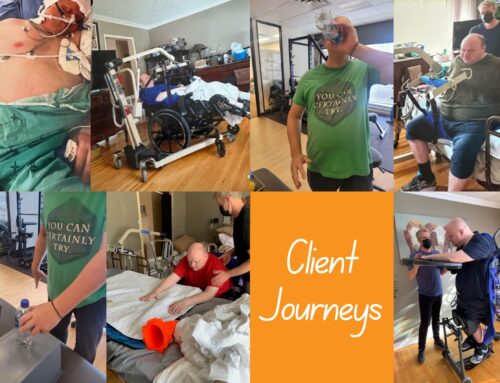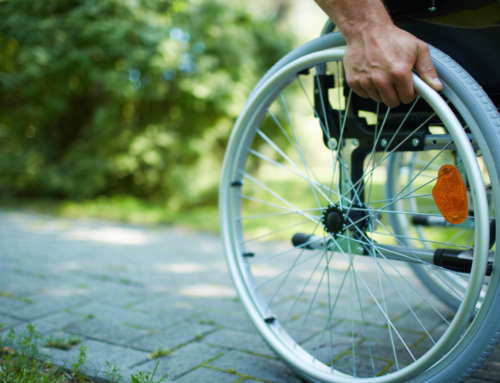It has been one year since we sat down with members of our staff impacted by the national Physiotherapy Competency Exam (PCE) cancellations to share their personal stories with us. At that time, Nick Li was a physiotherapy resident working in our Etobicoke clinic and Reggie Ragos, was a physiotherapy resident working in our Pickering clinic.
As a recap, the PCE exam needs to be completed by eligible candidates before they can apply for an independent licence to practice physiotherapy in Canada. The exam shifted online due the pandemic and was cancelled four times in the previous year leaving many careers in limbo, a hiring shortage in the industry, and ultimately decreased access to physiotherapy care for some patients in Canada.
More than two years into the pandemic, there has still been no PCE exam online or otherwise. Some candidates have received their licence to practice as registered physiotherapists in Ontario through a grandfathering; while others are working to receive enough clinical hours to be granted a licence.
We couldn’t be happier to still have all of them working on our teams in Etobicoke and Pickering. More recently, Mike D’Alessandro joined our Peterborough team as a physiotherapy resident who is still awaiting his registration. We sat down with each of them, once again, to discuss their challenging road to registration, advice they have for new grads and the future of the industry.
How do you feel at the end of this extended registration process?
Nick L: I feel like College of Physiotherapists of Ontario (CPO) and Canadian Alliance of Physiotherapy Regulators (CAPR) are lacking accountability. There is no external oversight of the College’s conduct. This limited our ability to express opinions in any meaningful way. As a result, I felt like I had little to no control throughout the process.
Reggie R: The biggest challenge was not knowing what the next steps would be. I would prepare myself to perform the competency exam and then find out it was not ready at the same time. It left me feeling like I was in limbo.
Mike D: The CAPR was too slow to adapt to the pandemic. There was also an error in the spelling of my name which delayed the written component by six months. CAPR only uses snail mail and wouldn’t accept a call from president of the University to verify my identity. I was frustrated enough to consider moving to another jurisdiction due to licensing process being so poor in Ontario.
What advice would you give to new grads going through the same process?
Nick L: I would say have patience with yourself and with the process. The examination will be there and frustrations will eventually pass. It’s just a matter of time. Try to get as much experience as you can before you go in to the exam to improve your confidence. Mentorship is key. The rate of success is a lot higher from there when compared to others in similar situation. Mentorship improves competency overall; clinical or non-clinical advice is appreciated and hearing from others who have gone through the same or similar processes is encouraging and keeps me moving in the right direction.
Reggie R: I would give the advice to continue thinking critically during your studying and not to get wrapped up in the mindset of studying just to pass the test. Thinking critically and reflecting is an integral part of being a physiotherapist. Unfortunately, we can all get wrapped up in passing this test first and prioritizing thinking later.
Mike D: I would tell them to prepare for uncertainty and not to plan as concretely as you’d think to. Changes bring upon uncertainty. Prepare to be nimble. Also, time is your friend. Hang in there, and staying resilient. Find a good team in the meantime and help take on a residency to see the value in yourself. Don’t waste your time on being glum. Improve other things that are easily improvable: time management, paperwork, notes, studying, etc.
What do you think physiotherapy licensing should look like for future generations?
Nick L: I think there needs to be an advocacy group to ensure that the process is smooth(er). It would be great to have a more formal voice and liaison with the college and governing bodies specific to candidates awaiting examination. We needed to respond by organizing groups independently, outside of college and associations, which was a laborious and a difficult process. Candidates waiting to take the exam are in a particularly vulnerable situation, and that was exposed during the last two years of trying to write the competency exams.
Reggie R: If coming from an accredited Canadian University, it may be excessive to perform a written and practical licensing exam. One would assume that the curriculum taught in an accredited school would ensure a safe and independent transition to independent practice at an entry-level. there are other professions who perform much more invasive techniques (i.e., nurses), who don’t perform a practical licensing exam. Perhaps the written exam should be sufficient to begin a residency. Following a specific number of hours professional clinical hours, we could then apply for an independent licence.
Mike D: Given our practical clinical experience and mandatory clinical hours, licensing tests with high costs may not add value to our professions. For instance, PTs educated in top countries, like the UK and NZ, do not have an entrance to practice exam. In addition, the evidence for extra licensing exam is not necessarily correlated with higher quality of care. I believe in regulation from the CPO, however, it may make more sense to look at education qualifications to meet the standard to practice independently.
The industry still has not recovered. There continues to be a shortage of physiotherapists to fill the demands of clinics and hospitals in Ontario.
In the meantime, Nick recently received his licence. He currently works as a registered physiotherapist in our Etobicoke clinic. He has a special interest in vestibular rehabilitation and rare neuromuscular diseases.
Reggie recently received his licence. He currently works as a registered physiotherapist in our Pickering clinic. He has a special interest in adaptive sports and concussion management.
Mike was held up by a clerical error despite being ready for the practical and written the entire time. He was finally allowed to submit an application for his registration license on May 7, 2022. He looks forward to receiving his licence to practice in Ontario.
Written by

